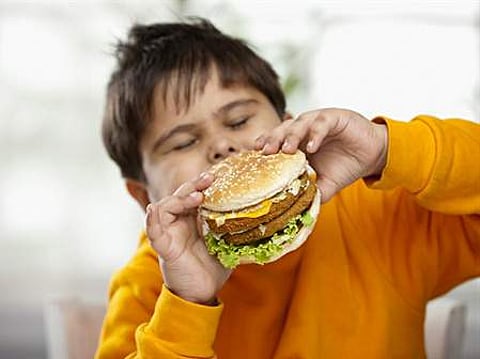

From cardiac arrest to high BP, at least one out of four students in Bengaluru are facing lifestyle threats owing to obesity.
The survey data, conducted by AddressHealth of over a lakh students, was compiled over the current academic year and revealed a significant degree of malnutrition, both over and under-nutrition, among children with 9.2% of children being obese and another 13.7% children falling in the overweight category.
Apart from this, 28.6% school children have dental cavities while 15.1% have newly detected/worsening vision problems. In addition, more than 200 children had previously undetected cardiac murmurs, and 70 children had previously undetected hearing defects.
The number of children covered by the surveys over the last 12 months includes 1,04,105 children in Bengaluru, 652 in Delhi, 18,422 in Hyderabad, and 3,288 in Pune. There is an increasing trend of the risk of lifestyle diseases, due to reduced physical activity, which can raise problems like high sugar, strokes, high cholesterol etc.
Commenting on the survey results Dr Anand Lakshman, Founder and CEO, Address Health, said, “Children are increasingly vulnerable due to a variety of lifestyle and environmental factors such as the proliferation of fast food options, lack of physical activity, too much screen time etc.
We believe schools and parents/guardians should place adequate emphasis on children’s health and well-being, beyond the usual vaccines and episodes of sickness, failing which non-communicable diseases will only become more commonplace in the younger generation.”
